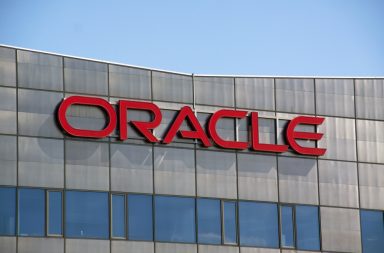Ariad Pharmaceuticals, Inc. (NASDAQ:ARIA) reaffirmed its commitment to developing and discovering treatments for subjects suffering with rare cancers. The company released a statement mentioning that they are a small, research-led biotechnology firm. Its objective is the discovery, advancement and delivery of highly unique cure for patients suffering with rare cancers. They apply their deep in-house know-how and makes considerable investments in R&D to advance innovative treatments for patients.
The highlights
Ariad knows the high cost involved with innovative oncology medication and believes in the efficacy and importance of its products. Notably, to achieve its objective, the company has invested over $1.3 billion in R&D and accrued losses of nearly $1.4 billion since the firm was founded, which are yet to be recovered.
Last year, ARIAD posted revenue of $119 million and invested $171 million in R&D process. After years of research, it has launched its first product to industry serving few seriously ill patients suffering with cancer. The company remains fully committed to advancing critical therapies for underserved and unserved patients suffering from rare cancers.
The updates
ARIAD released updated clinical report on its investigational TKI, brigatinib, in patients with ALK+ progressive non-small cell lung cancer from an underway Phase 1/2 study. The updated Phase 1/2 report was shown in a poster presentation earlier in October at the ESMO held in Copenhagen. The data presented included safety assessments on all patients in the trial and efficacy studies on all patients with ALK and NSCLC.

THE MORNING REPORT
Start your workday the right way with the news that matters most.
Your information is 100% secure with us and will never be shared Disclaimer & Privacy Policy
Of these patients counting 79, eight had failed previous crizotinib treatment. The presentation is built on patient data as reported in this May with a median time on ‘brigatinib’ therapy for ALK+ NSCLC subjects of 20.0 months. Patient enrollment in the study is closed, with the last subject enrolled in 2014.
The experts reported that the long-term follow up on clinical study of brigatinib continues to sport anti-tumor activity with an established objective response rate of 62% in crizotinib-resilient ALK-positive NSCLC subjects at all doses assessed. The median progression-free endurance in this post-crizotinib ALK+ NSCLC enrollment group continues to surpass one year.
 D. Marie
D. Marie 




